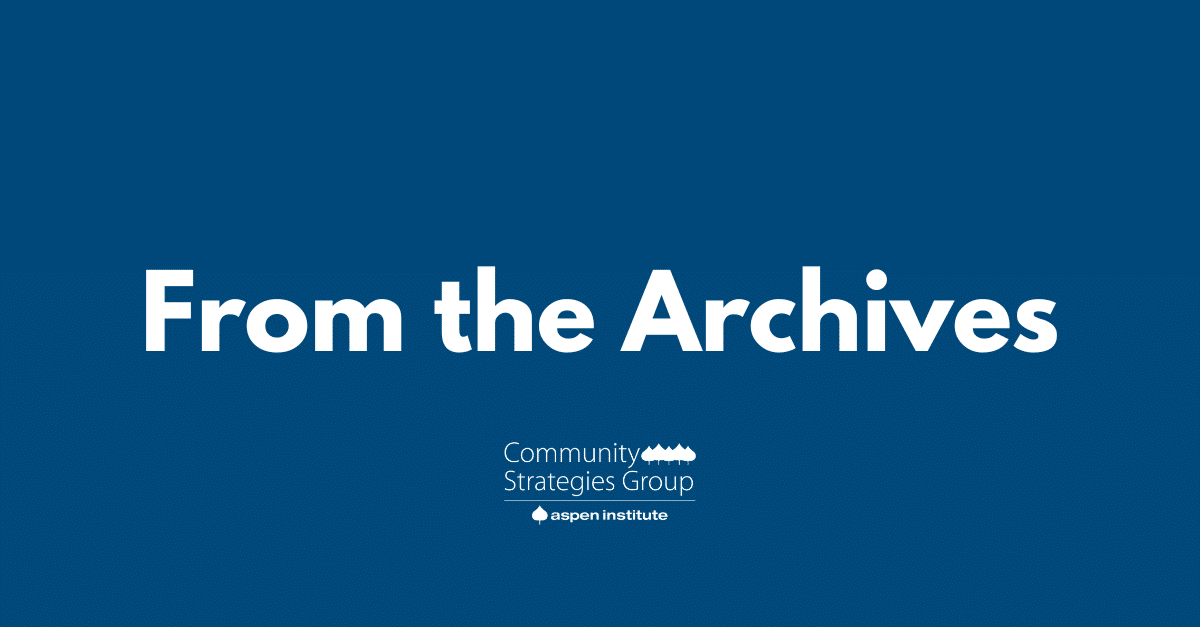View this Publication
The file discusses new partnerships between utilities and industries for rural development. It emphasizes the importance of utilities in stimulating economic development activities, particularly in small towns and rural areas that lack resources to cope with economic change. The document proposes a state-based program where utilities actively partner to encourage modernization of industrial process technologies. This partnership would offer a three-pronged assessment examining energy efficiency, productivity, and waste reduction potential for industrial customers, along with financial assistance for recommended process technologies. Key issues highlighted include:
- Challenges facing rural areas: Loss of economic vitality, declining income, high unemployment, and difficulty securing investment capital for manufacturing modernization.
- The role of utilities: Historically, utilities have supported economic development passively. The document advocates for a more active role, including direct investment in business modernization and helping firms manage energy needs and costs.
- Demand-Side Management (DSM) Programs: While many utilities have DSM programs for residential and commercial customers, the industrial sector has been largely ignored despite its high energy consumption. The proposed partnerships focus on improving the efficiency of industrial process technologies, which account for 90% of industrial energy use.
- Benefits of partnerships: For industry, it provides a mechanism to link energy efficiency and business competitiveness, lowering operating costs and shifting capital savings. For economic development agencies, it offers new tools for projects. For utilities, it helps preserve their industrial and commercial base, shaves peak demand, and can reduce the need for costly expansion programs.
- Program implementation: A statewide program would involve a diverse advisory group (energy/economic development officials, regulators, utility executives, industrialists, bankers, consumers, legislators) to tailor and publicize the initiative.
- Assessment and financing: The document suggests comprehensive assessments that go beyond traditional energy audits to include productivity and waste reduction. It also reviews various financial incentive options for utilities, such as grants, rebates, loans (especially revolving loan funds), loan guarantees, and interest subsidies.
The document includes case studies of state programs and utility-industry partnerships that illustrate these concepts, such as the South Dakota Energy Conservation Low Interest Loan Program, North Carolina Energy Management Technical Assistance Program, Arkansas Broiler Research Verification Program, Wisconsin Renewable Energy Assistance Program, California Business Energy Advocates, Louisiana Seafood Processing Program, Massachusetts Energy Advisor Service, Osage Municipal Utilities (Iowa), Northwestern Pennsylvania Rural Electric Cooperative, and Somerset Rural Electric Cooperative.








